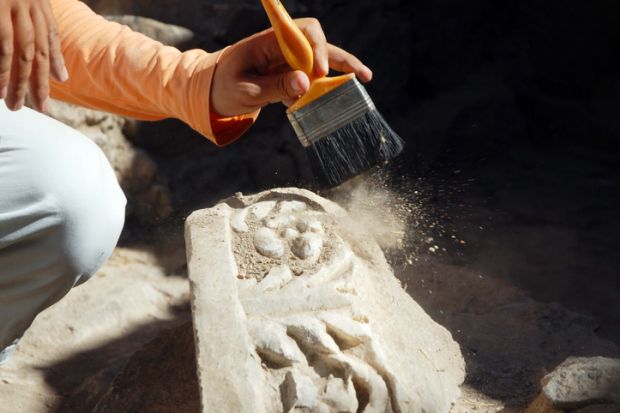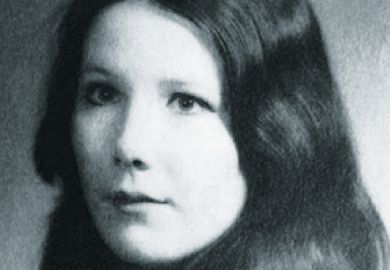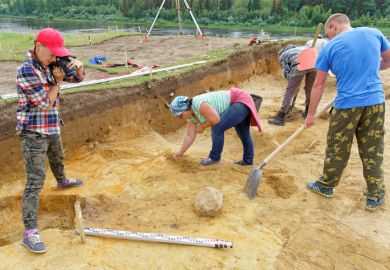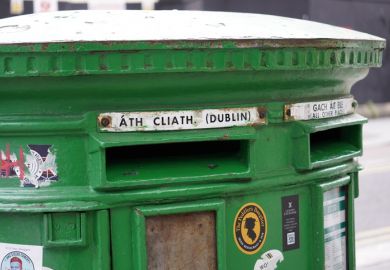At a time when many academic disciplines are clinging on for dear life, a leading archaeology campaigner is putting forth the argument that the subject brings both mental health benefits for individuals as well as economic gains for the country.
Earlier this year, Chris Whitwood created the Campaign to Save British Archaeology, “following the threat of proposed compulsory redundancies among archaeology and heritage staff in the department of history and archaeology at the University of Chester and news of the proposed closure of the University of Sheffield’s archaeology department”.
These have been followed by similar closures at the University of Hull and the University of Worcester. In a press release issued last week, Mr Whitwood declared it “absolutely appalling to witness Britain’s world-leading status in archaeological teaching and research being eroded before our eyes”.
Although Mr Whitwood worked previously as a primary school teacher and is now a graphic designer, he has always had a passion for archaeology, initially through community projects organised by the University of York.
But why should those who are not interested parties or amateur enthusiasts care about the discipline’s contraction?
“The heritage sector is enormously important for tourism and much supported by archaeology,” Mr Whitwood pointed out. “The fact that there was a dig in a car park in Leicester meant that they discovered the body of Richard III. That gave a massive boost to Leicester as a city − in terms of cultural identity but economically as well.”
Furthermore, given “a shortage of archaeologists in this country”, there was “absolutely a career route for students”, and so universities needed to “do more to encourage people to take up the profession”, he said.
Much of this thinking is familiar, but Mr Whitwood also made the bolder claim that archaeologists were increasingly demonstrating “a tangible link between modern politics and the study of the past”.
Archaeology, he explained, “has informed how we manage fishing and farming practices, including the wider adoption of crops such as quinoa, a staple of Inca society for about 5,000 years – it is incredibly resilient and being reintroduced as a way of managing land more effectively and ensuring crops survive.
“Similarly, Native American techniques of pairing the ‘three sisters’ − corn, squash and beans − is shaping how farming is done to ensure you don’t end up eroding the nutrients in the soil…In Australia, you’ve got archaeology [being] done on Aboriginal sites informing how to create fire breaks. Studying the history of population movements in response to sea-level rises can also inform policymakers.”
On a more philosophical level, Mr Whitwood suggested that archaeology was “a really powerful tool for understanding who we are and where we come from”, and that this had “a surprising mental health benefit”.
This had been seen, for example, in the Operation Nightingale project, started in 2011, to “assist the recovery of wounded, injured and sick military personnel and veterans by getting them involved in archaeological investigations”.
The Campaign to Save British Archaeology, however, aims simply to “halt the closure of university archaeology departments across the United Kingdom”. But given the existence of many professional organisations, why did we also need one started by an outsider?
“I felt the need for a very targeted campaign to change the political mindset,” Mr Whitwood replied. “We need to create an atmosphere where it is politically unacceptable for universities to deal with problems by completely closing such departments.”
Register to continue
Why register?
- Registration is free and only takes a moment
- Once registered, you can read 3 articles a month
- Sign up for our newsletter
Subscribe
Or subscribe for unlimited access to:
- Unlimited access to news, views, insights & reviews
- Digital editions
- Digital access to THE’s university and college rankings analysis
Already registered or a current subscriber?







